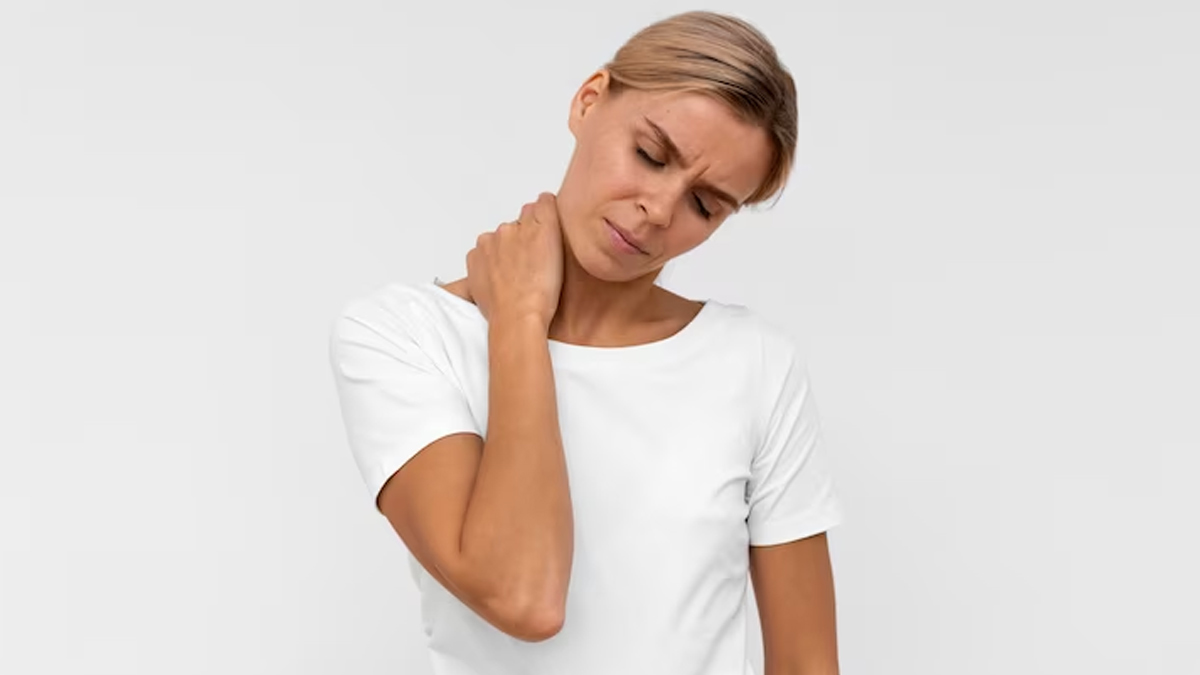
Vitamins and minerals play an essential role in maintaining our overall health. Different nutrients have different functions and work towards protecting us from common and uncommon illnesses. It is responsible for our immune system, bone health, nervous system, and brain. However, one of the essential nutrients for our body is vitamin D. It is a fat-soluble vitamin that is naturally produced in the skin with the help of external sources such as sunlight. In addition, one can get their share of the 'Sunshine' vitamin from various food sources.
Table of Content:-
Speaking with the OnlyMyHealth editorial team, Tanisha Bawa, Certified Nutrition Coach, Founder of TAN|365, talks about the signs of vitamin D deficiency, how to get optimum levels and foods rich in vitamin D. But before we discuss any further, let us understand the role of vitamin D and how it benefits the body.
Also Read: Consequences Of Haemoglobin Deficiency
Role Of Vitamin D

The primary function of vitamin D is to regulate the amount of calcium and phosphate in the body. According to Britain's National Health Services, these nutrients are essential in building bones, teeth and muscles and keeping them healthy. Furthermore, it can support the immune system and reduce the risk of many illnesses.
As per the UK Health Body, vitamin D deficiency can lead to bone deformities such as rickets in children and bone pain caused by osteomalacia in adults.
Signs Of Vitamin D Deficiency
In case you're low on vitamin D, here are the signs you should not miss:
- Poor bone health/osteoporosis
- Poor mental health
- Digestive disorders
- Constant feeling of fatigue
How To Get Optimum Levels Of Vitamin D

According to Ms Bawa, here are some of the ways you can get optimum levels of vitamin D:
- Daily exposure to sunshine
- Maintaining good calcium & vitamin K2 levels.
- Vitamin D3 is required for calcium absorption & vice versa
- Eating a diet rich in good fats; good fats are required for better absorption of vitamin D levels
The nutrition coach also advises consulting a doctor for supplementation if your vitamin D levels remain extremely low.
Also Read: Food Combinations That You Should Avoid To Prevent Digestive Issues
Foods Rich In Vitamin D

Here are some foods that are rich in vitamin D:
- Fatty fish
- Cheese
- Egg yolks
- Nuts and seeds
- Mushroom
- Oyster
- COD liver oil
Takeaway
Your symptoms can speak volumes about your overall health. However, due to the overlapping nature of the symptoms, there's always a chance of misdiagnosis. If you suspect vitamin D deficiency, it is best to get yourself tested for the same. This can be done through a blood test. Depending on your results, your healthcare provider will suggest a treatment plan ranging from a healthy diet and daily sun-exposure to supplementation.
Also watch this video
How we keep this article up to date:
We work with experts and keep a close eye on the latest in health and wellness. Whenever there is a new research or helpful information, we update our articles with accurate and useful advice.
Current Version
